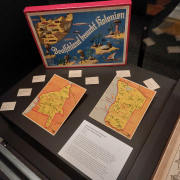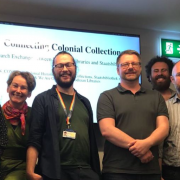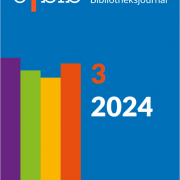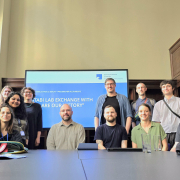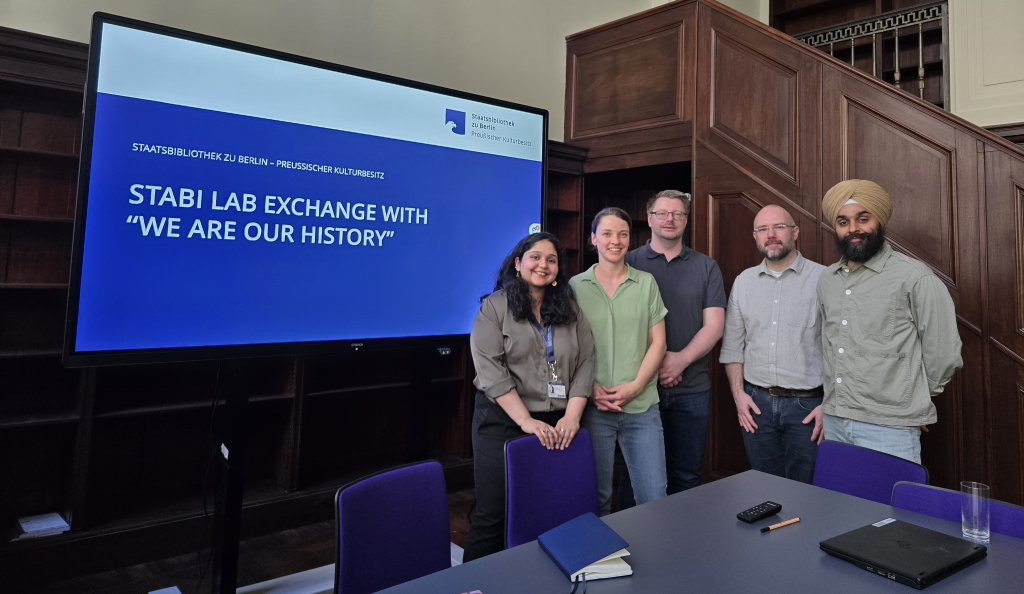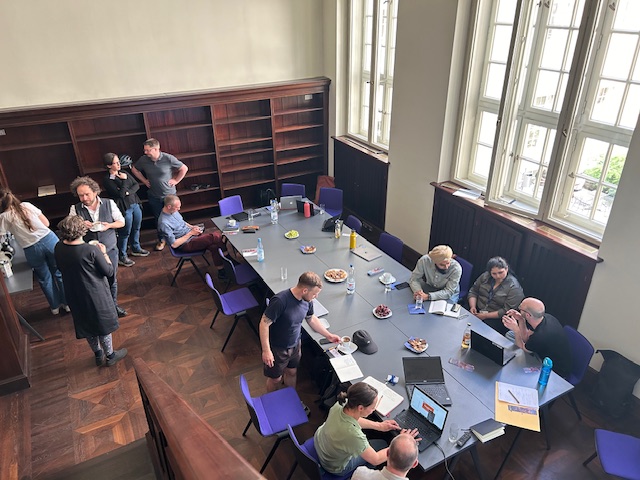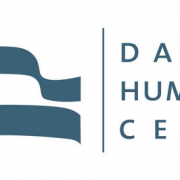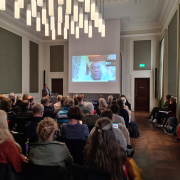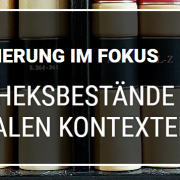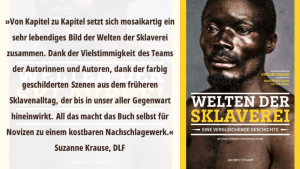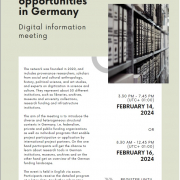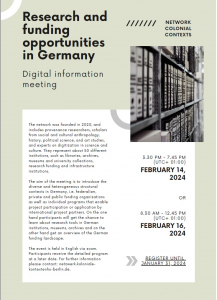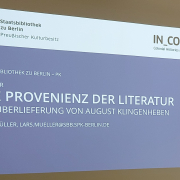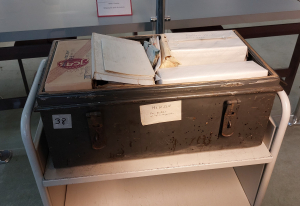The “IN_CONTEXT: Colonial Histories and Digital Collections”-project began its work at the Stabi in January 2023. In November 2023, the project team organised the workshop ‘Colonial Contexts in Libraries’ in cooperation with the dbv and the DZK in Berlin. The workshop marked the start of a series of activities to shed light on the topic of colonial contexts and libraries from a broad perspective. The idea of a guideline for dealing with colonial collections in libraries was also suggested here and the Colonial Contexts in Libraries working group was founded in the Colonial Contexts Network for this purpose. The first face-to-face meeting took place at BiblioCon2024 in June 2024.
Today we can report another milestone. o-bib has published the thematic focus ‘Colonial Contexts in Libraries’. In seven collaboratively written articles, colleagues from different libraries and fields of work have surveyed the field of colonial contexts in libraries and have taken different perspectives on the topic.
In their introduction, the coordinators of the thematic focus, Lars Müller, Michaela Scheibe and Larissa Schmid, outline the field of colonial contexts in libraries. They describe the current state of research and, based on this, define three main fields of action for libraries: collection development and indexing, provenance research and, finally, digitisation and ethical questions of collection representation.
The article coordinated by Jan Hüsgen and written by Irene Albers, Aïsha Othman, Meliné Pehlivanian, Thomas Richter and Schmid Andreas asks how the concept of colonial contexts can be applied to libraries.
The article, coordinated by Lars Müller and Michaela Scheibe, argues that provenance research on collections from colonial contexts is an important future field of action for libraries. In three case studies, Wiebke von Deylen, Hajo Frölich, Cordula Gumbrecht, Dominique Schwarb-Akoun and Jakob Wigand provide an insight into the challenges and opportunities of this work.
The article coordinated by Larissa Schmid looks at racism-critical approaches in library work. Case studies by Birgit Athumani Hango, Jantje Bruns, Birgit Kramreither, Maike Mewes and Moritz Strickert provide insights into the work of the Netzwerk koloniale Kontexte as well as the work of two different libraries.
Julia Zenker coordinated an article on the challenges of digitisation and the provision of materials from colonial contexts. Using case studies by Elke Brehm, Jana Kocourek, Karina Iwe and Anne Peiter, she argues in favour of a stronger integration of societies of origin.
The article coordinated by Romy Köhler follows on from digitalisation. Ingo H. Warnke, Maria Hermes-Wladarsch, Christoph Rauch and Stefanie Rühle provide different perspectives on the question of the role of metadata in creating transparency in the digital space.
The issue is complemented by an interview with colleagues from Cameroon, Kenya, Namibia and Sri Lanka. Albert Gouaffo, Werner Hillebrecht, Mutanu Kyany’a and Naazima Kamardeen offer different perspectives from the Global South on cultural assets that are relevant to them but held in German libraries and argue in favour of increased cooperation in this field.
We wish you an exciting read! If you have any questions on the topic, please feel free to contact the IN_CONTEXT project team at in_context@sbb.spk-berlin.de!
Link to the entire issue: https://www.o-bib.de/bib/issue/view/335

